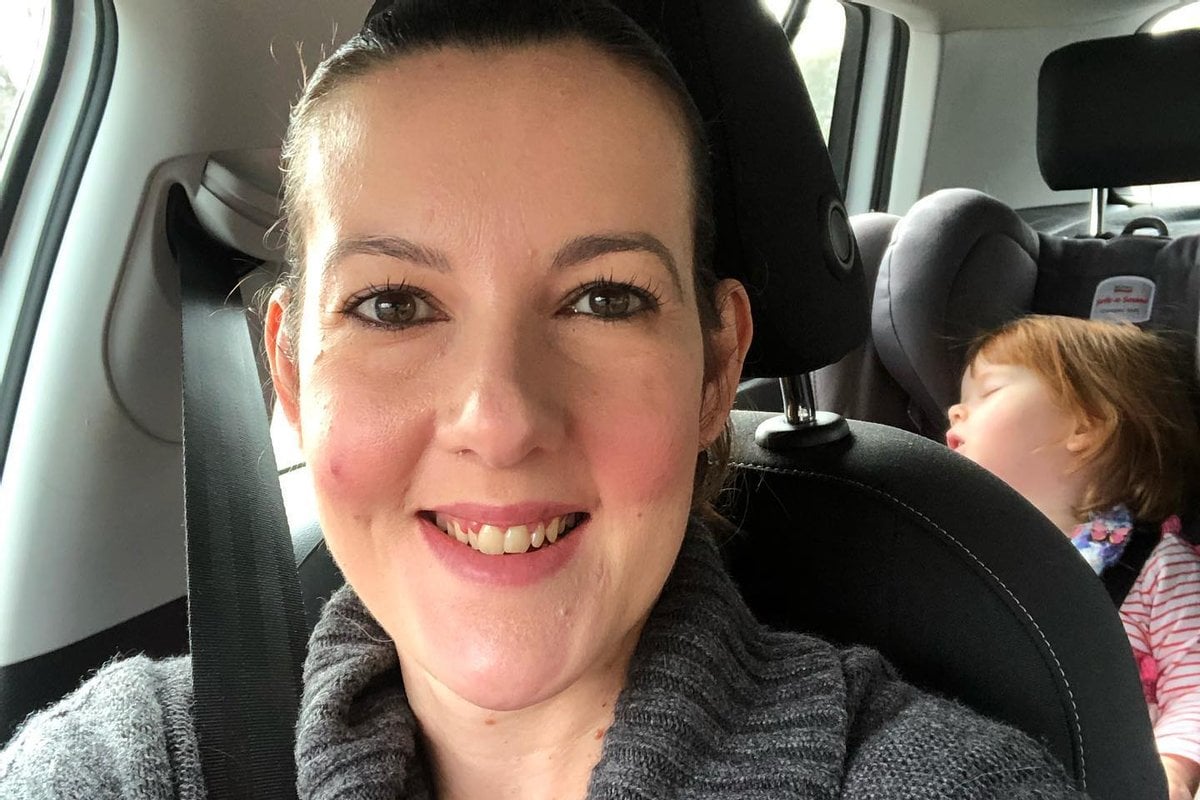
An old saying goes "Money is a tool to get you where you want to go, but it will not replace you as the driver." And yet so often we give the power and the blame to money, completely forgetting that we are in fact the ones in charge. Money (or more specifically the lack of money) becomes the thing standing between us and a happier, more fulfilling lifestyle. The problem with thinking this way is that it makes us feel powerless and stops us from taking positive action.
Watch: The money hacks that don't cut out your daily cup of coffee. Post continues after video.
So, if you are ready to regain control of the wheel and steer yourself towards the lifestyle you desire, I want to share with you some common money mistakes that I see clients make and how you can avoid them.
Lacking clear goals.
Goal setting is one of those things that is deceptively simple, so much so that we often don't bother with it. When I ask clients what their dream life would look like and what would be different, I typically get vague statements like "I would travel more", "I would work less", and "I would be happier". While this can be a great starting point, unless you take the time to break these statements down into specific targets with a dollar figure and timeframe attached to them, you will find it impossible to achieve them.
If you find it difficult to name what you want, know that you are not alone. Most people actually struggle with setting meaningful goals because usually at this point our mind starts coming up with all the objections – the reasons why there's no point in setting these goals in the first place. Which brings me to my next point...
Top Comments